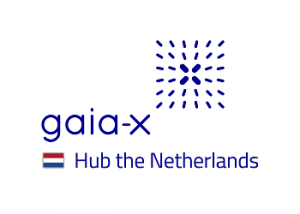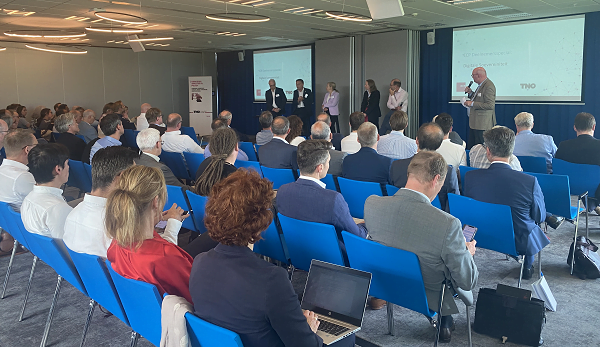Over 600 registered participants from over 40 countries attended the 5th Gaia-X Summit on November 14-15, 2024 in Helsinki. The theme of the summit was “Empowering Global Data Spaces, Shaping Tomorrow’s Cloud Infrastructure”. The event focused on presenting the Gaia-X Roadmap for 2025, as well as updates on the technical progress of Gaia-X Compliance & Label and the Trust Framework.
Download the Debrief of the Gaia-X Summit 2024
The 10 Key Messages of the Gaia-X Summit 2024
- The Gaia-X roadmap outlines the planned technical advancements, events, and publications for 2025.
- Political representatives emphasize the importance of digital sovereignty, interoperability, and internationalization of data space projects in Europe. They play a key role in the development of new business models and the creation of a European data infrastructure solution.
- Gaia-X enables two types of interoperability: (1) legal and organizational interoperability, governed by the Gaia-X Compliance Document 24.06, and (2) semantic and technical interoperability, governed by the Gaia-X Architecture Document.
- The Gaia-X framework provides a secure, trustworthy, and interoperable basis for the exchange and use of data across various sectors.
- A key advancement in Gaia-X technology is the introduction of new components in the “Loire Release” for the Gaia-X Digital Clearing Houses (GXDCH).
- Gaia-X, Data Spaces Business Alliance (DSBA), Data Spaces Support Center (DSSC), and Simpl are collaborating on the further development of data spaces.
- Cloud service providers are driving the development of interoperable data ecosystems with Gaia-X through a joint trust framework initiative for data spaces.
- The Eclipse Foundation’s new open source working group is working on technical solutions for multi-cloud interoperability; an ISO FastTrack for standardization is being pursued.
- Dataspace projects from various fields demonstrate how the Gaia-X framework is being successfully implemented across different sectors. Scandinavian-Baltic initiatives highlight the importance of business models.
- The role of the data space orchestrator is central to managing and coordinating activities within data ecosystems. The economic model developed by the University of Paris Dauphine helps to evaluate data-sharing projects in this context.




